The importance of terroir
Europe is a small continent, but one with an extraordinary geographical and climatic diversity. This richness has a fundamental impact on dairy livestock and what they consume, and influences the taste and composition of the milk.
Place of origin, then, is the main reason for the impressive diversity of European cheeses, organic or otherwise. Each of them is distinguished by a unique appearance, texture and flavour, the product of its territory of origin. Likewise, traditional processing methods inevitably link each variety to a particular place and culture.
Place of origin, then, is the main reason for the impressive diversity of European cheeses, organic or otherwise. Each of them is distinguished by a unique appearance, texture and flavour, the product of its territory of origin. Likewise, traditional processing methods inevitably link each variety to a particular place and culture.

France
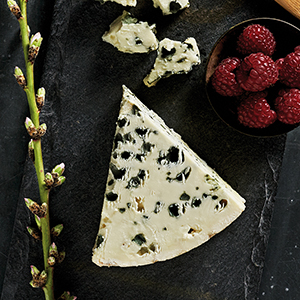
Of the many varieties of French cheeses -estimated at over 1200- most are local specialties. That is to say, they are intimately linked to their region, in particular the many French PDO varieties.
One example is the renowned Roquefort variety, which is made from the milk of sheep that have adapted well to the area's harsh climate. Furthermore, this exquisite specialty could not mature in a region with these climatic conditions without the caves of the Combalou rock massif, which boast their own microclimate.
One example is the renowned Roquefort variety, which is made from the milk of sheep that have adapted well to the area's harsh climate. Furthermore, this exquisite specialty could not mature in a region with these climatic conditions without the caves of the Combalou rock massif, which boast their own microclimate.
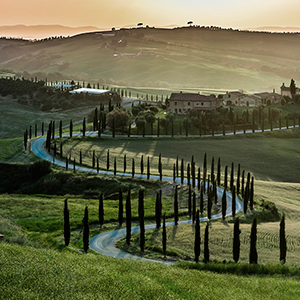
Italy
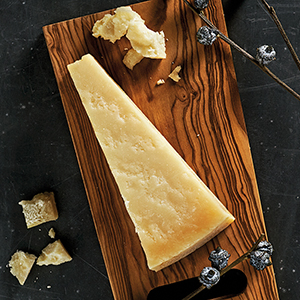
The peninsula's mild Mediterranean climate offers clear distinctions: in the south, fresh cheeses such as Mozzarella and Burrata, in the centre, sheep's milk varieties such as Pecorino, and in the north, cheeses like Parmigiano Reggiano, which are made from cow's milk and matured for longer.
Parmigiano Reggiano is an excellent example of the importance of territory, since there are differences in texture and flavour between those produced in the mountains, which are more robust and less granular, and those from the Po Valley, which are softer and saltier.
Parmigiano Reggiano is an excellent example of the importance of territory, since there are differences in texture and flavour between those produced in the mountains, which are more robust and less granular, and those from the Po Valley, which are softer and saltier.
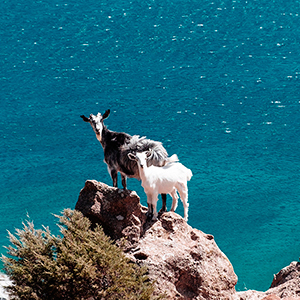
Greece
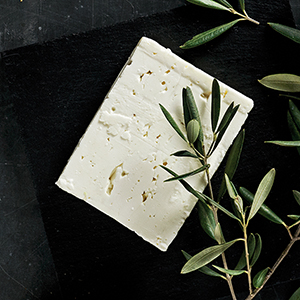
A rugged landscape and Mediterranean climate with hot, dry summers make Greece very suitable for herds of goats and sheep. Greek cheeses are made with the milk of these animals and have a fundamental importance in the traditional diet of the country, to which they contribute the nutritional benefits of proteins and, of course, a wide variety of delicious flavours.
The specialty par excellence is Feta, an essential ingredient in the most popular Greek dishes.
The specialty par excellence is Feta, an essential ingredient in the most popular Greek dishes.
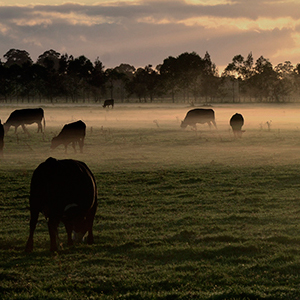
England
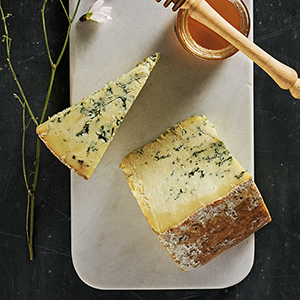
Cheddar, Stilton...The most celebrated British specialties are made from cow's milk. The country's oceanic climate, with warm summers, cool winters and abundant rainfall throughout the year, provides extensive areas of lush, green pasture for livestock.
The success of a historical variety like Stilton is largely due to the fact that it continues to be produced according to the rules of its PDO, i.e. exclusively from cattle from the three authorized counties: Derbyshire, Leicestershire and Nottinghamshire.
The success of a historical variety like Stilton is largely due to the fact that it continues to be produced according to the rules of its PDO, i.e. exclusively from cattle from the three authorized counties: Derbyshire, Leicestershire and Nottinghamshire.
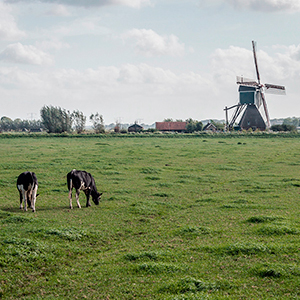
The Netherlands
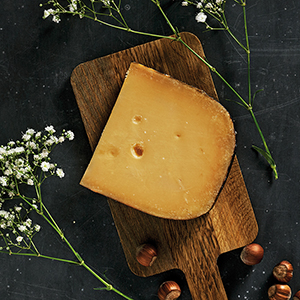
The particular characteristics of The Netherlands, where part of the territory has been reclaimed from the sea, makes Dutch cheeses such as Gouda unique.
The areas recovered from the sea, known as polders, are composed of clay and peat - the result of the decomposition of vegetation. A fertile territory where, thanks to the constant rainfall, the grass on which the cattle feed grows for 8 months of the year. The milk obtained during this time possesses a superior creaminess which is appreciable in the Gouda produced during these months.
The areas recovered from the sea, known as polders, are composed of clay and peat - the result of the decomposition of vegetation. A fertile territory where, thanks to the constant rainfall, the grass on which the cattle feed grows for 8 months of the year. The milk obtained during this time possesses a superior creaminess which is appreciable in the Gouda produced during these months.


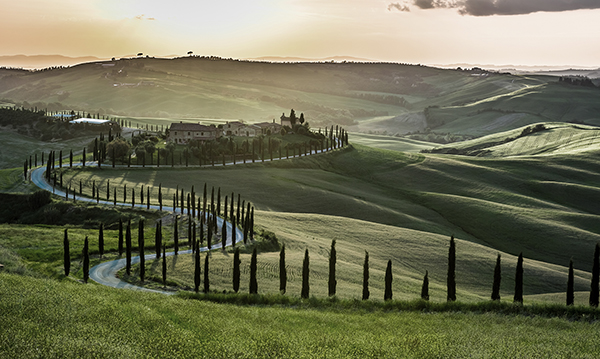
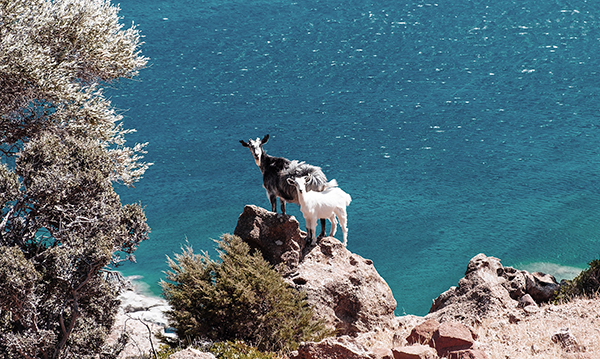

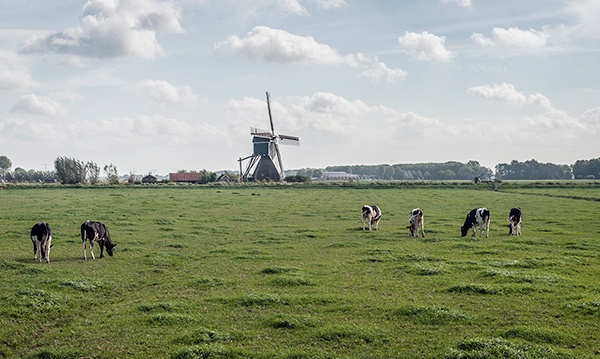

 This website has been made possible thanks to the contribution of a team of professionals who love cheese, its origins and the pleasure of eating it.
This website has been made possible thanks to the contribution of a team of professionals who love cheese, its origins and the pleasure of eating it.